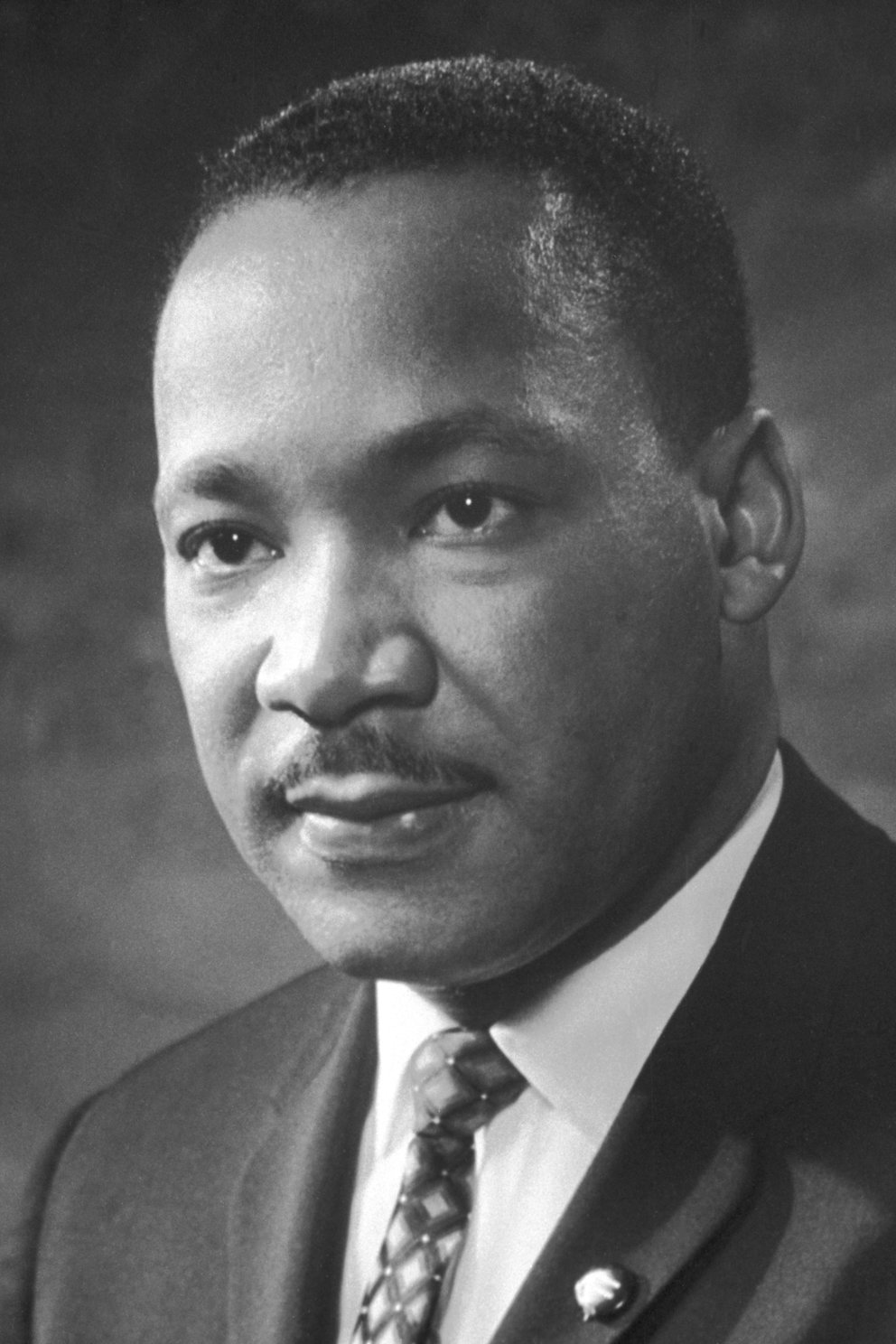 Martin Luther King Jr. was known for his extraordinary work within the civil rights movement. A clergyman by profession, he had a profound impact on the lives of many people, and was awarded the Nobel Peace Prize for his non-violent efforts to end racial inequality.
Martin Luther King Jr. was known for his extraordinary work within the civil rights movement. A clergyman by profession, he had a profound impact on the lives of many people, and was awarded the Nobel Peace Prize for his non-violent efforts to end racial inequality.Born in 1929, King was a talented and intelligent young man, who graduated from high school at the age of 15. He went on to receive his Bachelor's degree from Morehouse College in Atlanta, after which he chose to attend the Crozer Theological Seminary. After being awarded a BD and a Fellowship, he then completed further postgraduate studies at Boston University, and completed his doctorate at the age of 26. Whilst there, he married Coretta Scott, with whom he had four children.
Working as a Baptist minister, King was an outspoken man who was passionate about civil rights. Those who are familiar with his life, like Tunde Folawiyo, might know that in 1955, he organised the Montgomery Bus Boycott, and two years later, established the SCLC (Southern Christian Leadership Conference). As the president of the SCLC, he attempted to end segregation in Albany Georgia. However, it was the peaceful protests which he arranged in Birmingham, Alabama - and the authorities violent response to these events - which brought King into the spotlight.
At that point in time, many residents of the city were opposed to the concept of desegregation, and there were frequent attacks on African Americans who lived there. King refused to allow this injustice to continue, and carried on arranging non-violent protests there, even after an injunction against the demonstrations was issued. This led to him being temporarily imprisoned; during his time in solitary confinement, he composed the (now famous) Letter from Birmingham Jail, in which he explained that people have a moral responsibility to defy laws that are inherently unjust.
In 1963, King became involved in the organisation of the March on Washington; it was at this demonstration that he delivered his most well-known 'I have a Dream' speech - one which almost everyone around the world, including Tunde Folawiyo, is probably aware of. The following year, King was awarded the Nobel Peace Prize; he was the youngest man to have ever received it, and when told of his selection, he confirmed that he would be donating all of the money to the civil rights movement. Four years later, on the 4th of April, King was assassinated in Memphis, shortly before he was due to lead another protest.
No comments:
Post a Comment